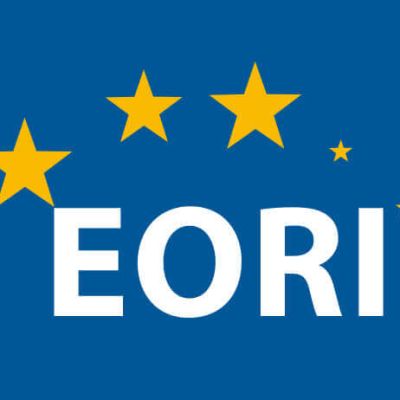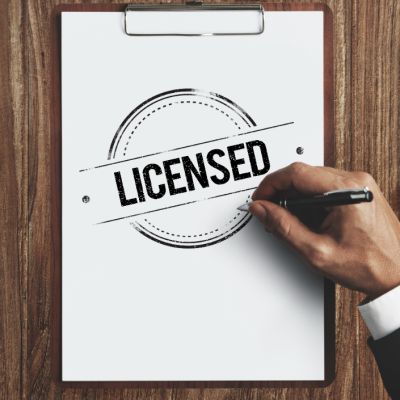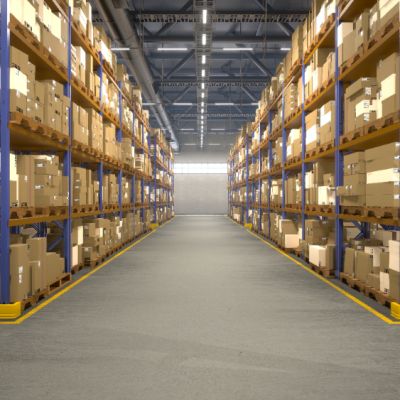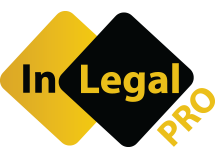IMPORT-EXPORT BUSINESS
How can we help you start an import-export business in Lithuania and grow it within the EU?

Company Formation
We can offer you the option to purchase a pre-existing company with an existing name or to establish a new company with a name of your choice. We provide the most popular legal forms in Lithuania—Private Limited Liability Company (UAB) or Small Partnership (MB). We will prepare all the incorporation documents, provide a registered address, and more.

Opening a Bank Account
We can offer assistance in opening a bank account both in Lithuania and Poland. We will handle the preparation and completion of the necessary documents, as well as their translation into the required language (if needed). We will fully assist with communication with bank representatives.

VAT Registration
VAT code registration is usually required for import-export activities. We can assist you with the VAT registration process as stipulated by the Lithuanian Tax Inspectorate. Additionally, we can offer you the option to purchase a ready-made company with an already active VAT code.

EORI Code
This code is intended for legal entities and individual entrepreneurs engaged in import, export, or transit operations with non-EU countries. The EORI code is used in customs declarations, transit documents, international shipping documents, and trade operations with third countries. We can handle all the arrangements for obtaining an EORI code for your company.

Licenses and Permits
Depending on the nature of the imported or exported goods, you may require special licenses or permits. We will help you determine which permits or licenses are necessary for your business, based on the nature, origin, purpose, and end-users of the imported/exported goods.

Warehouse Services
In Lithuania, there are a number of companies providing warehouse services, including excise warehouses for storing excise goods such as alcoholic beverages and tobacco products. We will recommend the best warehouse service provider among our partners based on your needs and assist you in negotiating terms and organizing your operations.

Customs Brokerage Services
Customs brokers in Lithuania provide professional services, helping companies and individuals efficiently carry out customs procedures for the import, export, and transit of goods. Their services include filling out customs declarations, preparing documents, customs representation, and customs consulting. We will select the best customs broker from our partners for you, assist in negotiating the terms, and help organize your operations.

Accounting Services
According to the Accounting Law of the Republic of Lithuania, all companies are required to maintain accounting records, regardless of the nature of their activities. Therefore, import-export companies are also required to keep records of primary documents, tax accounting, financial reporting, customs procedures, etc. We can offer you a full range of accounting services. Professional accounting specialists will take care of staff hiring, tax accounting, provide consultations on organizing internal processes of your company, and more.
Lithuania is an attractive country for conducting import-export activities for a number of important reasons:
As a member of the EU, Lithuania has access to one of the largest global markets with no tariffs and minimal trade barriers. This facilitates the movement of goods between Lithuania and other EU countries.
The country’s geographical location provides easy access to the Baltic Sea, allowing ports such as the Port of Klaipeda to connect to it. The Baltic Sea and the Klaipeda port offer convenient access, making it an important logistics hub.
Lithuania has a well-developed transport infrastructure, including road and rail networks, airports, and seaports. The Port of Klaipeda is well integrated into Lithuania’s rail and road transport networks, which allows for efficient cargo transportation to European and CIS countries. This increases the port’s attractiveness for freight carriers looking to utilize multimodal transport. Additionally, the Port of Klaipeda is almost ice-free during the winter, meaning it can operate year-round without significant disruptions. Kaunas Airport is Lithuania’s main cargo air hub, through which most cargo air traffic flows. Kaunas Airport has modern infrastructure specially designed for cargo transportation, allowing it to effectively handle large volumes of goods. All of this ensures fast and efficient cargo transportation.
Lithuania has a stable and relatively transparent business environment, which fosters greater trust among foreign investors and partners. This is crucial for long-term investments and port operations.
Lithuania has an educated, skilled, and multilingual workforce. This is important for international trade and helps ensure high-quality services and products.
Lithuania is known for its strong information technology sector, which helps modernize business processes, including logistics and trade. This provides advantages for companies operating in this field.
Lithuania has signed various international agreements with other countries to facilitate international trade and provide protection against risks.
Lithuania’s tax system can truly be considered attractive for conducting business, including import-export activities, for several reasons:
1. Competitive Corporate Tax: The standard corporate tax rate in Lithuania is 16%, but for small companies meeting certain criteria, the rate can be reduced to 6%. This low rate can be particularly attractive for small and medium-sized businesses, including those involved in import-export activities.
2. VAT System: The value-added tax (VAT) rate in Lithuania is 21%, but when exporting goods to other countries, VAT can be zero, meaning businesses can avoid paying this tax on exported goods. When importing goods into Lithuania from other EU countries, the reverse charge system applies, allowing VAT payment to be deferred until the goods are sold.
3. Free Economic Zones: Lithuania has several free economic zones (FEZs) where companies can benefit from additional tax advantages. Companies in FEZs can take advantage of corporate income tax exemptions for up to 10 years, as well as reduced or even zero tax rates on land and property. This is especially attractive for companies planning long-term investments in import-export activities.
4. Double Taxation Avoidance Agreements: Lithuania has signed agreements to avoid double taxation with numerous countries. These agreements help prevent the double taxation of profits or income, which is important for companies operating in international markets. Under many bilateral agreements, the tax amount can be reduced in one of the countries, or the income is taxed only in one country.
5. Transparent and Stable Tax System: In Lithuania, the primary responsibility for tax administration lies with the State Tax Inspectorate. Despite annual changes in tax legislation, Lithuania’s tax system is relatively transparent and stable, allowing companies to plan long-term strategies and investments, knowing that tax policies are unlikely to change drastically in the short term.
6. Innovative Incentives: Companies investing in research and development (R&D) are also eligible for tax incentives, which can be beneficial for businesses looking to create innovative products for international markets.
The distinctive features of import-export activities are the following aspects:
ОСТАВЬТЕ ЗАЯВКУ НА БЕСПЛАТНУЮ КОНСУЛЬТАЦИЮ





